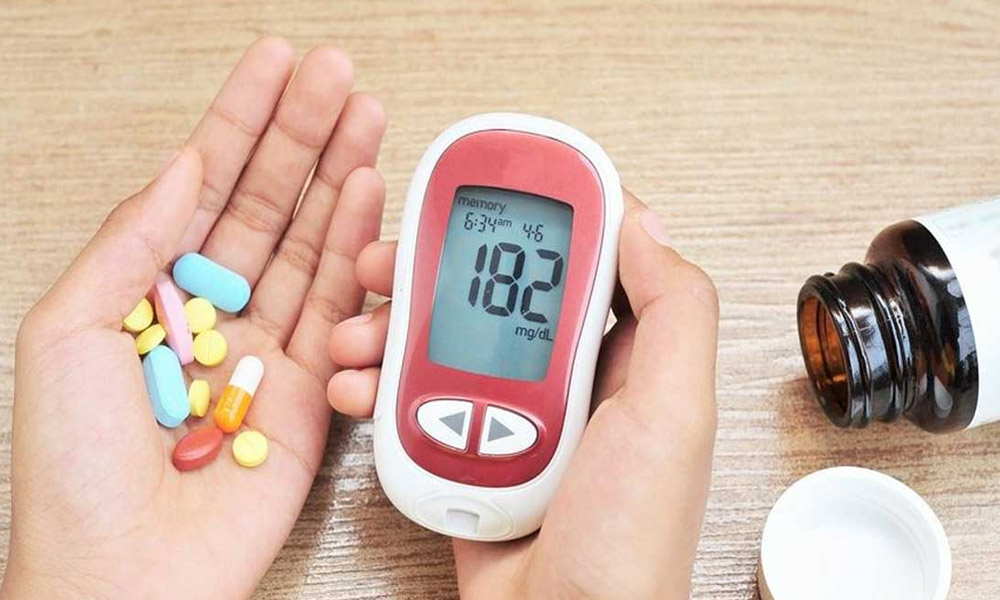Self-medication is one of the most important health issue especially, in developing countries like India. In developing countries, where universal accessibility of health care is not yet achieved completely. Self-medication is one of the most preferred modes adopted by patients. Let’s know in brief what is self-medication practice and what are its ill effects. It is a fact that should be kept in mind that self-medication may results in economic loss along with health deterioration due to delay in the diagnosis of underlying conditions and appropriate treatment. Due to lack of appropriate knowledge Self-medication can lead to interaction between drugs which is extremely fatal. Practicing self-medication for drugs like antibiotics might lead to drug resistance and could further lead to long term treatment, as once the body is immune with a certain type of drug it becomes difficult for the medicine to fight off the disease.
Self-medication practices are not entirely harmful. Drugs classified as OTC can be purchased without prescription and there ae a lot of times that self-medication can save time and money for patients. In hard to reach areas where there is scarcity of human health work force, patients are having no other option rather than being dependent on self-medication practices.
Few studies were conducted at community level in India to know the awareness among people on what is self-medication practice. Such Studies provide useful insight on the reasons for which patients follow this practice and might help regulatory authorities to organize the process of drug regulations and upgrading the list of essential medicines.
In a broader spectrum, self-medication has lots of disadvantages such as misdiagnosis, inappropriate dosage, prolonged duration of drug consumption and drug interactions.




